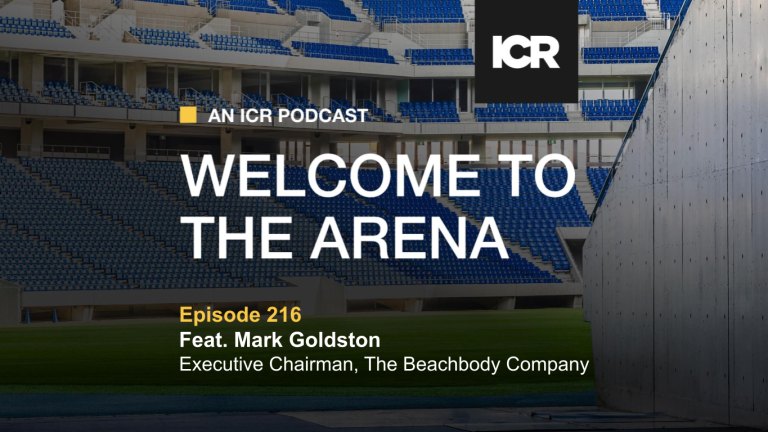Recent Bain & Company research reveals that 80% of consumers rely on AI-generated summaries for nearly half their searches, with most (60%) never visiting a company website. There’s been a precipitous drop-off in organic web traffic globally. Investors, analysts, and even journalists increasingly turn to platforms like ChatGPT, Perplexity, Claude, or Google AI for answers – rather than traditional search engines. This shift is rapidly redefining digital marketing, sales funnels, and reputation management.
Why GEO Matters Now
Generative Engine Optimization, or GEO – the practice of optimizing content for AI answers – is now as critical to reputation management and company performance as traditional media and SEO strategies. The behavior changes prompted by AI answers has created both unprecedented risk and competitive opportunity for private and public companies. For healthcare companies, where trust and accuracy are paramount, GEO readiness will quickly separate industry leaders from stragglers by exposing reputation vulnerabilities companies may not realize are there.
The New Reality: AI as Your Company’s Gatekeeper
When stakeholders ask: “What does [Company] do?” or “What were [Company]’s Q2 results?” they are as likely to ask AI as Google. The answers they receive are synthesized from narratives across multiple sources – press releases, earned media, owned content, and social channels. The battleground has shifted from search rankings to visibility in AI answers – where a well-curated AI response shapes brand awareness and consideration across multiple overlapping stakeholder sets.
The risks and opportunities are significant.
If your content is outdated, poorly structured, inconsistent, or hard to parse, AI may present incomplete or competitor-framed information – rather than your own strategic messaging.
Conversely, well-optimized content ensures AI platforms accurately represent your business model, financial performance, and strategic priorities. AI looks for patterns across multiple authoritative sources—so message consistency is paramount.
GEO Best Practices for Healthcare Companies
ICR has partnered with clients that run the gamut in scale, maturity, and subsector to manage this new frontier. We encourage our clients to focus on three critical facets of GEO readiness:
- AI-Optimized Content Architecture
Ensure existing content is formatted for AI parsing. Best practices include:
- Build in clear headers and subheaders.
- Make website text searchable and allow AI crawlers.
- Use natural, conversational language and avoid unnecessary complexity.
- Include clear definitions, statistics, and citation-worthy quotes.
- Format key takeaways as bullet points or numbered lists (like this one).
- Add “last updated” timestamps and ensure text-searchable formats with structured data markup.
- Provide alt text for financial charts and graphics.
This is as relevant to biotech or medtech innovators courting new capital as it is to established health systems competing for patients. Architecting your content to ensure your brand surfaces as a citation in AI answers will support visibility, credibility, and trust.
- Narrative Consistency
AI models rely on repeated patterns from authoritative sources to understand and represent your business accurately. If you leave inconsistent messaging unaddressed, AI risks misinterpreting or omitting key business. Therefore, we aim to help our clients:
- Standardize company descriptions and key messages across all platforms.
- Reinforce your strategic positioning with uniform language.
- Distribution Strategy
If you know how AI systems prioritize sources, you can shape how your content gets disseminated. We partner with clients’ communication teams to:
- Leverage strategic newswire distribution for structured, timestamped, authoritative press releases.
- Secure earned media in high quality outlets that provide third-party validation.
- Maintain an up-to-date web presence accessible to generative models.
Measuring Impact
GEO is not a “set it and forget it” solution. It requires ongoing monitoring of AI-generated responses and narrative consistency across platforms. Early warning systems – ones that combine stakeholder insights and digital analytics – can help communications and marketing teams anticipate and address issues before they impact perceptions.
Ultimately, GEO doesn’t require doing more – it’s about optimizing what you’re already doing for how people actually search today. Healthcare company leaders who act quickly to integrate these best practices will build trust, protect reputation, and secure competitive advantage in the era of AI answers.
Contact us for more information on how ICR can support your company’s GEO efforts.
Kris Lam is an Associate Partner at ICR Healthcare, where he specializes in strategic communications for companies navigating the complex and rapidly evolving healthcare ecosystem. Based in London, Lam helps healthcare brands leverage AI and generative engine optimization to enhance their visibility, credibility, and impact.



